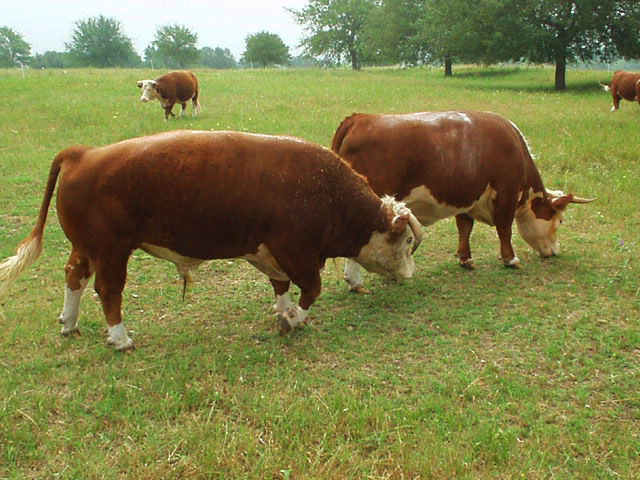Wednesday, May 27, 2015 - For centuries, humans who ate meat from cows and chickens raised outdoors on pasture benefited from a nutrient-dense food high in healthy fats, proteins and vitamins.
With industrialization and factory farms, animals are confined in small quarters away from daylight and fed harmful waste and byproducts, growth hormones and antibiotics. Meat from these conventionally raised animals lack the many nutrients found in grass-fed or "pastured" meats.
Pastured, grass-fed, meats have the following health benefits:
- Higher in beta-carotene. A California State University study found that meat from pasture-fed steers contained seven times the amount of beta-carotene compared to grain-fed animals.
- Vitamin E levels are four times higher in grass-fed beef than in conventionally raised cattle. Vitamin E is linked to lower risks of heart disease and cancer.
- Improved ratio of omega 6 to omega 3. Omega 3 fat profiles from 100% grass-fed animals are similar to that of salmon. Omega-3 fats are critical for heart health and prevention of cancer and autoimmune disorders.
- Higher in B vitamins thiamin (B1) and riboflavin which help support the body's energy, nerves, muscles and heart function.
- Increased amounts of minerals. Calcium, magnesium and potassium help maintain strong bones while supporting nerves, muscles and blood circulation. Potassium is essential for proper electrolyte balance and lowers the risk for high blood pressure.
- Higher amounts of conjugated linoleic acid which can reduce cancer, high blood pressure, cardiovascular disease, osteoporosis and insulin resistance.
- Increased levels of the trans fat, vaccenic acid - which protects against atherosclerosis, a known risk factor for heart disease.
Learn More Here